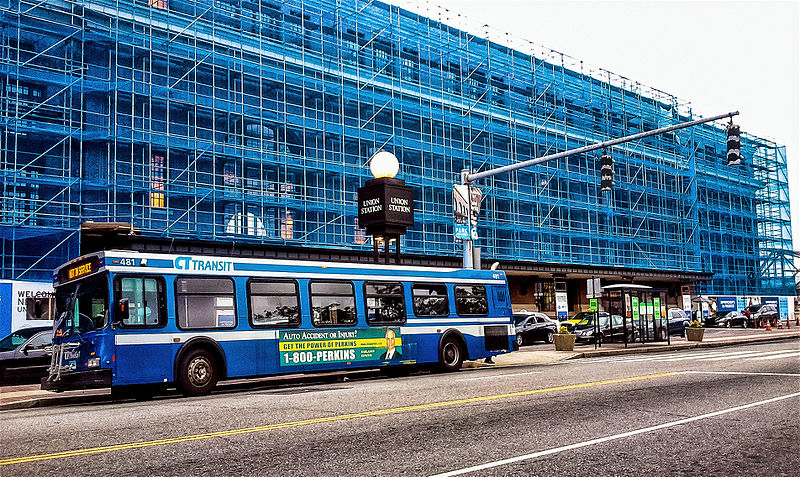As urban populations continue to swell, the demand for efficient public transportation options has never been greater. Buses have emerged as a crucial component of public transit systems worldwide. However, their environmental impact warrants a closer examination, especially in the context of climate change and urban pollution.
The Carbon Footprint of Buses
Buses, particularly those that run on diesel, contribute significantly to greenhouse gas emissions. According to the U.S. Environmental Protection Agency, diesel buses produce approximately 30% more carbon dioxide per mile than their gasoline counterparts. Moreover, they emit nitrogen oxides and particulate matter, which can severely affect air quality and public health.
Yet, it’s essential to place this in context. When we compare the emissions per passenger mile, city transport bus schedule for bus systems generally have a much lower carbon footprint than single-occupancy vehicles. A typical bus can carry around 30 to 60 passengers, meaning the emissions per individual are significantly reduced. According to a study by the American Public Transportation Association, public transit saves the equivalent of 45 million metric tons of CO2 annually, illustrating that buses can be a more environmentally friendly choice when utilized effectively.
The Shift to Alternative Fuels
In recent years, there has been a significant shift towards adopting alternative fuels and technologies in the bus industry. Electric buses, for instance, are gaining traction as cities aim to reduce their carbon footprints. These zero-emission vehicles offer a cleaner alternative and can drastically cut down on urban air pollution. Research indicates that electric buses can reduce emissions by up to 70% compared to diesel buses when considering the entire lifecycle of the vehicle.
Hybrid buses, which combine traditional diesel engines with electric propulsion, are also becoming more common. These vehicles use regenerative braking systems to harness energy and improve fuel efficiency. The transition to alternative fuels not only reduces emissions but also promotes energy diversity and reduces dependence on fossil fuels.
Enhancing Urban Mobility and Sustainability
Buses play an essential role in creating sustainable urban environments. By offering a reliable and affordable city transport bus schedule for bus transportation option, they encourage individuals to opt for public transit over personal vehicles, reducing traffic congestion and associated emissions. Cities that invest in comprehensive bus networks often experience improved air quality and reduced overall carbon emissions.
Moreover, the integration of technology in public transportation systems enhances their efficiency. Real-time tracking apps, smart ticketing, and dedicated bus lanes can make buses more attractive to commuters. The result is a modal shift towards public transportation, which contributes to urban sustainability.
Ecological consideration
While traditional diesel buses do have a considerable environmental impact, the overall benefits of bus transportation are significant when viewed through the lens of urban mobility. As cities continue to invest in cleaner technologies and more efficient public transportation systems, the environmental footprint of buses can be minimized, making them a key player in the fight against climate change. Transitioning to electric and hybrid buses, coupled with a commitment to enhancing public transit infrastructure, can position buses as a sustainable solution for modern urban challenges, paving the way for cleaner air and a healthier planet.
